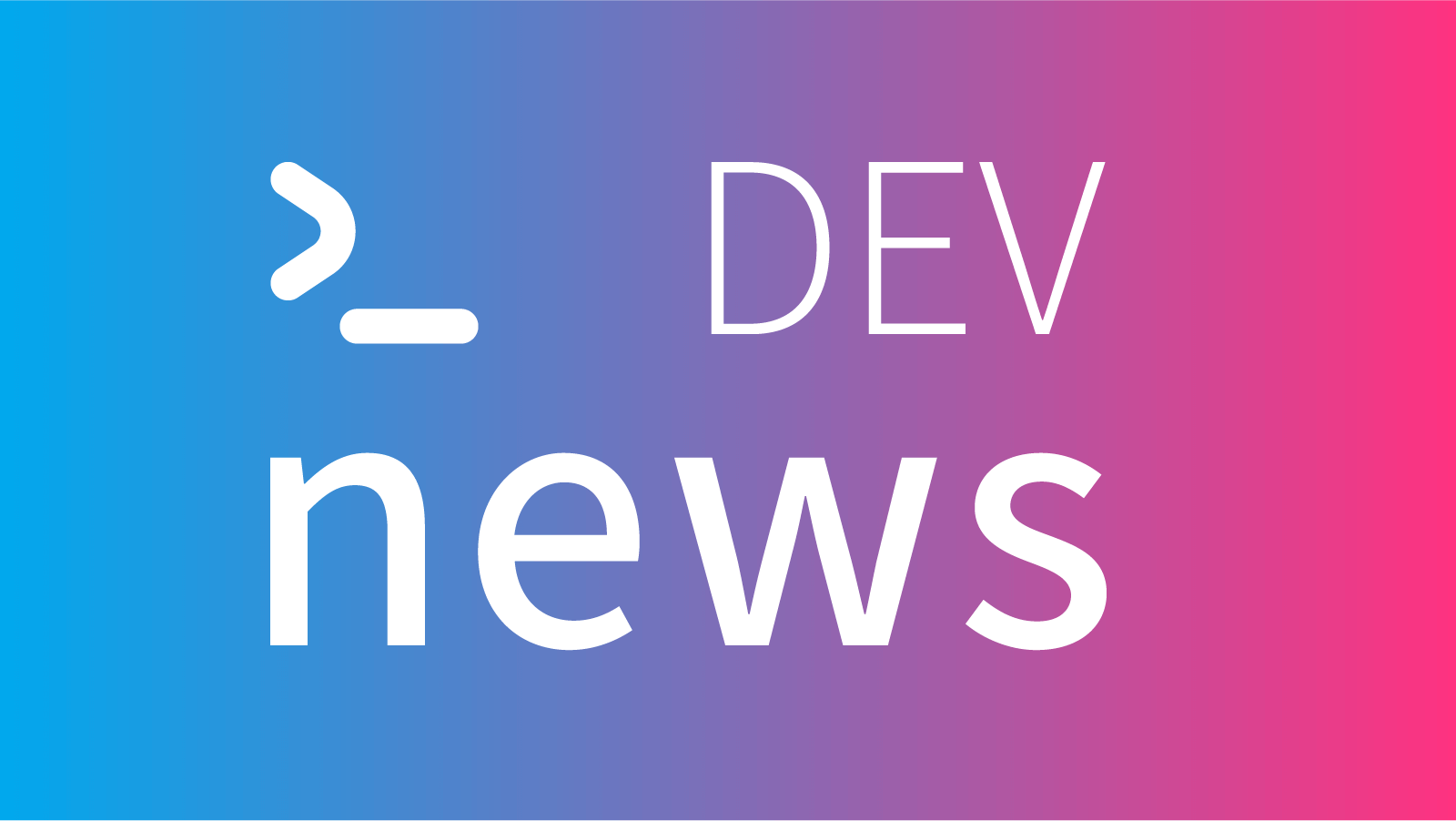Developers should avoid implementing long-term subscription plans for their apps. Instead, a recent report indicates users prefer weekly subscriptions or one-time purchases.
Compared to last year, long-term subscriptions are slightly down and lifetime subscriptions fell by 52.3%. In contrast, weekly subscriptions show the strongest growth, and one-time purchases are also rising, according to a new State of In-App Subscriptions report.
The report was created by the all-in-one service for in-app subscriptions company Adapty. It looked at anonymized in-app subscription from Adapty App Store from 2024-2025. It revealed that weekly plans generate the most revenue in nearly every region of the world studied. Overall, weekly plans have grown by nearly 10% since 2024 and capture nearly half of all subscriptions, the report found.
One-time purchases increased 6 percent, offering another path to revenue beyond subscriptions, the report found.
But those annual, monthly and lifetime subscriptions? All have decreased in frequency, indicating that users are moving away from long-term app commitments, according to the report.
WP Engine Launches AI Toolkit for WordPress Sites
WP Engine launched a new AI toolkit that integrates into WordPress sites this week. The toolkit offers such functions as Smart Search AI, AI-powered recommendations, and a managed vector database with an open source chatbot framework, the company announced Tuesday.
The toolkit makes AI capabilities accessible to the WordPress community at scale. It draws on a WordPress site’s existing structured content, metadata and traffic patterns. Also, it automatically detects, normalizes, extracts, maps, indexes and hosts vectorized WordPress data.
Smart Search AI automatically syncs a site’s WordPress database, including posts, pages, tags, metadata and ACF fields, then runs the content through a processing pipeline to make AI website searches that don’t require manual re-indexing, the company stated in a prepared release. It combines natural-language semantic vector search with basic keyword search.
AI-powered recommendations provide a personalized experience out of the box, according to WP Engine. The AI uses historical and session data to make personalized recommendations.
With Managed Vector Database, developers can build AI applications for digital experiences powered specifically by the site’s WordPress data by handling data extraction, vectorization and real-time updates behind the scenes. It is currently deployed for all WP Engine customers.
Next.js Team Previews Next.js 16 Beta Release
Next.js 15.4 was released this week, with TurboPack Builds now passing all 8,298 integration tests for production builds — a crucial milestone towards marking Turbopack in Next.js stable. It now powers vercel.com, the team wrote. This release also marked a number of stability improvements to Next.js and Turbopack.
Perhaps the biggest news from this week’s announcement was a preview of what developers can expect with the beta release of Next.js 16.
“Over the past few months, we’ve been iterating on major improvements to Next.js, focusing on both the developer experience with Turbopack and the core capacities of the App Router with PPR and use cache,” wrote Vercel engineering managers Zach Tanner and Jimmy Lai. “While we are not ready to enable those features on by default, we are looking to lay the groundwork for our users to try it out in Next.js 16 this summer.”
The features you can expect with the beta release will include:
Cache Components(beta), which consolidates experimental caching features (Dynamic IO,use cache, and Partial Prerendering) into a unifiedcacheComponentsflag. This simplifies performance optimization strategies;- Turbopack Builds (beta), which introduces
next build --turbopack, fully passing integration tests and validated internally on high-traffic sites like vercel.com; - Optimized Client-Side Routing, which enhances App Router navigation with smarter prefetching, improved cache invalidation strategies, and reduced bandwidth usage, resulting in faster and more responsive navigation;
- DevTools and Debugging, which adds Route Info to inspect app structure and toggle components like loading.tsx. It also adds experimental browser log forwarding to the terminal to support AI-powered debugging workflows;
- Node.js Middleware (stable), which promotes the previously experimental Node.js runtime support for Middleware, initially introduced in Next.js 15.2, to stable status; and
- Deployment Adapters (alpha), which enables developers to create custom deployment adapters for finer control over build and deploy targets.
Storyblok Offers Website Project Templates for Developers
Headless content management system Storyblok launched Blueprints this week. Blueprints are a way for developers to spin up website projects.
With a few clicks, developers can spin up a complete project with source code, GitHub integration, Figma design assets and deployment to either Netlify or Vercel web hosting platforms.
“Configuring the framework is the biggest time drain for 40% of developers, followed by creating content models from scratch (34.5%),” Storyblok stated in its press release. “Blueprints eliminate both hurdles, delivering a ready-to-go setup so teams can skip the scaffolding and dive into real work.”
Blueprints are built with scalable code in frameworks such as Next.js, Nuxt and Astro. Blueprints are also designed to be modular and decoupled, so it’s easy to customize components.
Currently, there are two different Blueprints available, although more are planned and these will be tailored for different industries.
Bun Adds WebSocket Support for permessage-deflate extension
The JavaScript runtime and toolkit Bun released updates resolving 52 issues this week. It also updated so that its WebSocket client now supports the permessage-deflate extension, which enables message compression. This can significantly reduce network bandwidth usage, Bun creator Jarred Sumner wrote.
“The negotiated compression parameters will be reflected in the extensions property of the WebSocket instance after a connection is established,” Sumner added.
Developers can also now await .json(), .bytes(), .text(), and .blob() on ReadableStream to consume the data in one call. What this does is avoid the need to wrap the stream in a Response object or use a separate utility function like Bun.readableStreamToText(), Sumner noted.
Also, uploading a large file using fetch() or Bun.S3 previously could result in high memory usage, since the entire file might be buffered in memory before being sent over the network, Sumner wrote. This has been fixed by implementing proper backpressure handling.
“Bun now pauses reading from a ReadableStream body when the underlying network socket is busy,” he stated. “This prevents unbounded buffering and keeps memory usage low and stable, even when uploading large files over a slow connection.”
Also, Bun’s underlying JavaScript engine, JavaScriptCore, and web APIs have been updated to a more recent version of WebKit, he wrote, listing all the changes this supports. Check out the full post for more updates.
YOUTUBE.COM/THENEWSTACK
Tech moves fast, don’t miss an episode. Subscribe to our YouTube
channel to stream all our podcasts, interviews, demos, and more.


